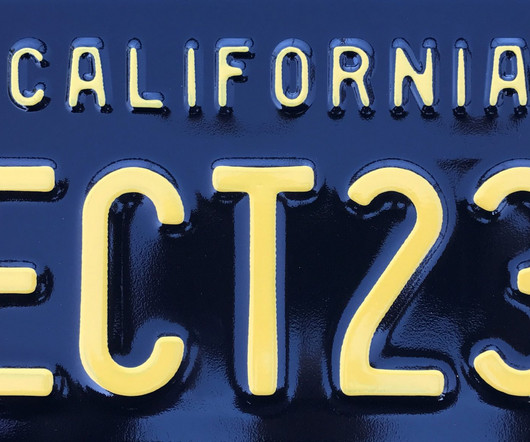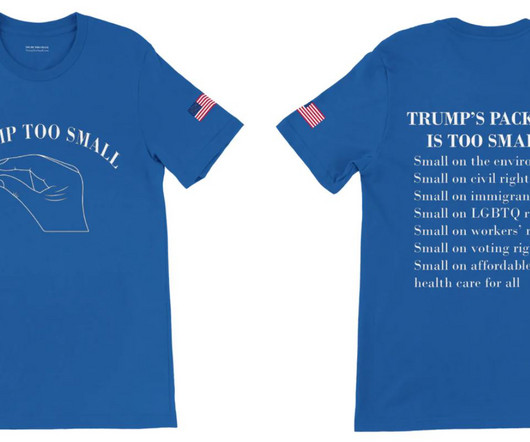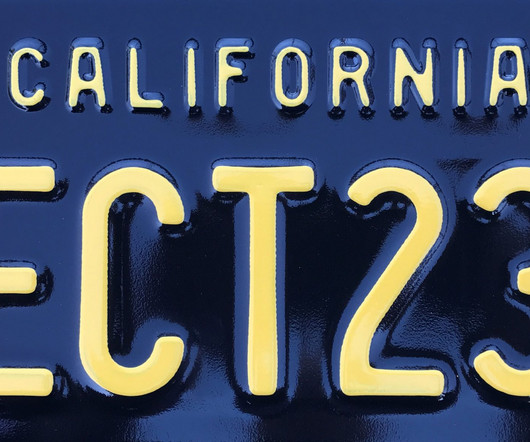Surprise! Another 512(f) Claim Fails–Bored Ape Yacht Club v. Ripps
Eric Goldman
APRIL 29, 2023
I’ve documented dozens of ways that 512(f) claims have failed, so the failure of this claim isn’t surprising. In this lawsuit, BAYC sued an “appropriation artist,” Ripps, who sought to comment on anti-Semitic aspects of the BAYC NFTs. See this ruling for another example of the same parlor trick).















Let's personalize your content